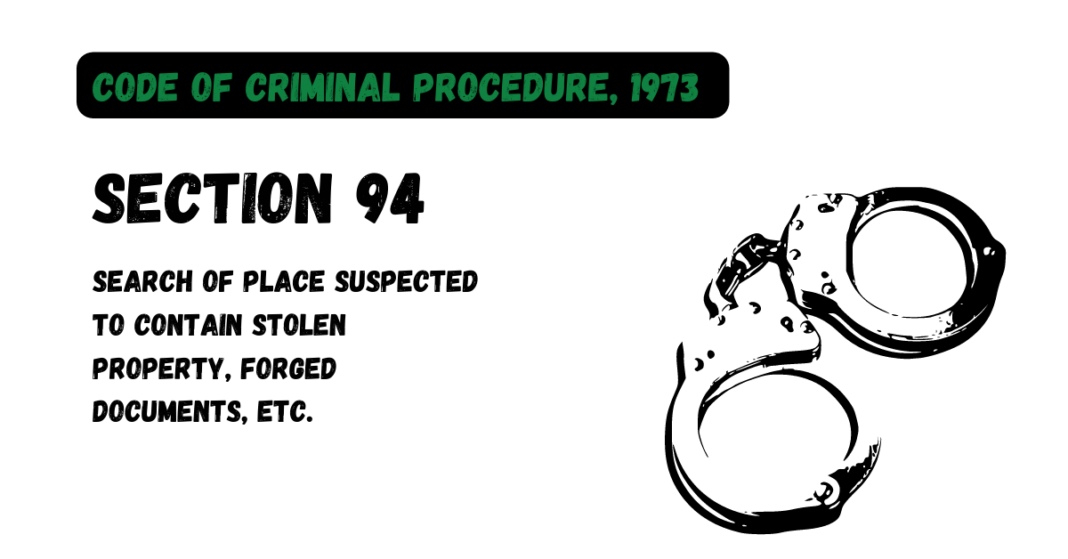(1) If a District Magistrate, Sub-divisional Magistrate or Magistrate of the first class, upon information and after such inquiry as he thinks necessary, has reason to believe that any place is used for the deposit or sale of stolen property, or for the deposit, sale or production of any objectionable article to which this section applies, or that any such objectionable article is deposited in any place, he may by warrant authorise any police officer above the rank of a constable—
(a) to enter, with such assistance as may be required, such place,
(b) to search the same in the manner specified in the warrant,
(c) to take possession of any property or article therein found which he reasonably suspects to be stolen property or objectionable article to which this section applies,
(d) to convey such property or article before a Magistrate, or to guard the same on the spot until the offender is taken before a Magistrate, or otherwise to dispose of it in some place of safety,
(e) to take into custody and carry before a Magistrate every person found in such place who appears to have been privy to the deposit, sale or production of any such property or article knowing or having reasonable cause to suspect it to be stolen property or, as the case may be, objectionable article to which this section applies.
(2) The objectionable articles to which this section applies are—
(a) counterfeit coin;
(b) pieces of metal made in contravention of the Metal Tokens Act, 1889 (1 of 1889), or brought into India in contravention of any notification for the time being in force under section 11 of the Customs Act, 1962 (52 of 1962);
(c) counterfeit currency note; counterfeit stamps;
(d) forged documents;
(e) false seals;
(f) obscene objects referred to in section 292 of the Indian Penal Code (45 of 1860);
(g) instruments or materials used for the production of any of the articles mentioned in clauses (a) to (f).





